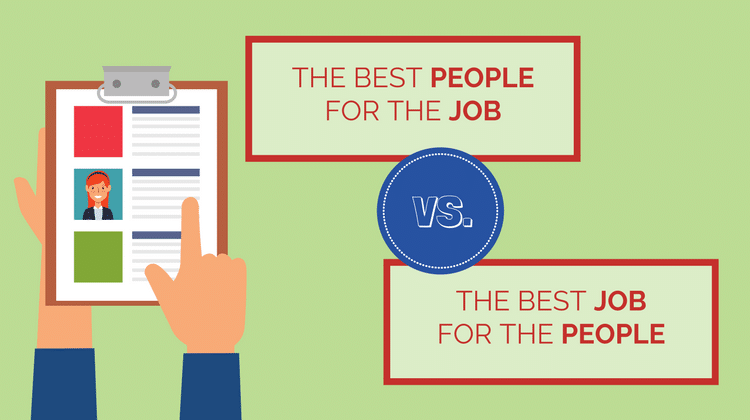
I was a bit of a late bloomer. I accepted my first “real job” five years after graduating from college. Sure, I made a living, but I bounced around jobs that, at least for my goals, were not career-track endeavors. Finally, I landed what I considered to be a “real job” – working for a law firm.
Although I majored in advertising & marketing at Boston University, my lack of real world experience wasn’t opening any doors for me at that point. The law firm was looking for a full-time receptionist and offering a salary, health insurance, and guaranteed hours. I figured, why not?
A frazzled year as the law firm’s receptionist turned out to be my big break. Ironically though, it was the fact that I wasn’t a very good receptionist that worked in my favor.
My personality worked well when it came to greeting clients. I had strong multi-tasking skills and could keep up with a busy call line, which indeed came in handy. When it came to managing multiple calendars though, it turns out I am pretty terrible.
There, I said it. I may have even admitted it then. On one occasion, I sent an attorney to our Westchester office and sent the client to our Long Island office. For those that aren’t familiar, these locations are an hour and a half apart from each other. The attorneys decided this wasn’t working out.
No, they didn’t fire me.
Seems logical in today’s fast paced business world where we think in terms of quickly fixing what is broken. In this case, it may be easier to replace the broken receptionist than trying to fix her. Luckily, they didn’t view me as their ‘broken receptionist,’ but instead saw me as their ‘first marketing coordinator.’
The firm had never had a marketing coordinator but had toyed with the idea for some time. Since they took the time to get to know me over the course of that year, they knew that although my mind and body were focused on my work — my heart wasn’t.
These mistakes were not the result of incompetence but were instead the result of indifference.
When you have an employee performing poorly, or you find yourself struggling, ask the question: Why? It doesn’t automatically mean that you or the employee will perform better in a different role, but it doesn’t automatically mean they won’t. The point here is to view each struggle as an opportunity instead of as a problem. Where can that employee add value?
The working environment becomes stressful and disorganized when your skills don’t align with the demands of the role. In my case, my brain felt fried. The best way I can describe the feeling is by relating it the anti-drug television campaign that ran in the nineties: An egg was held up to the camera while the voice-over announced, “This is your brain.” The egg was then cracked open and dropped into a frying pan and began to sizzle, and the voice over continued, “This is your brain on drugs.”
This was my brain on overload trying to manage a position that didn’t align with my skill-set or my passion.
How do you know if an employee is not in the right role?
1. You Have to Know Them
To truly focus on where your employee might fit better, you have to know them on a personal level. When you know what motivates a person and what they are passionate about, their strengths will shine through. If you don’t take the time to learn about your team, you may miss out on seeing their real value.
2. Encourage Open Communication
Beyond just the normal open door policy, encourage your people to be honest and speak their minds. It can be quite eye-opening when you remove the fear of honesty from the equation.
3. Pay Attention to What They Do Well
It is so easy to get lost in the negative that we can’t focus on the positive. Make an intentional effort to find two positive behaviors for every one negative.
I don’t expect you to just take my word for it. Gallup, a research & analytics company, studied strengths-based practices for 1.2 million employees globally and found that strengths-based companies saw better sales, profit, and customer engagement.
The research suggests far more than just ensuring an individual is in the right role. From flex time to remote work, the research suggests personalizing the work environment and culture will contribute greatly to your bottom line.
What do you think?


